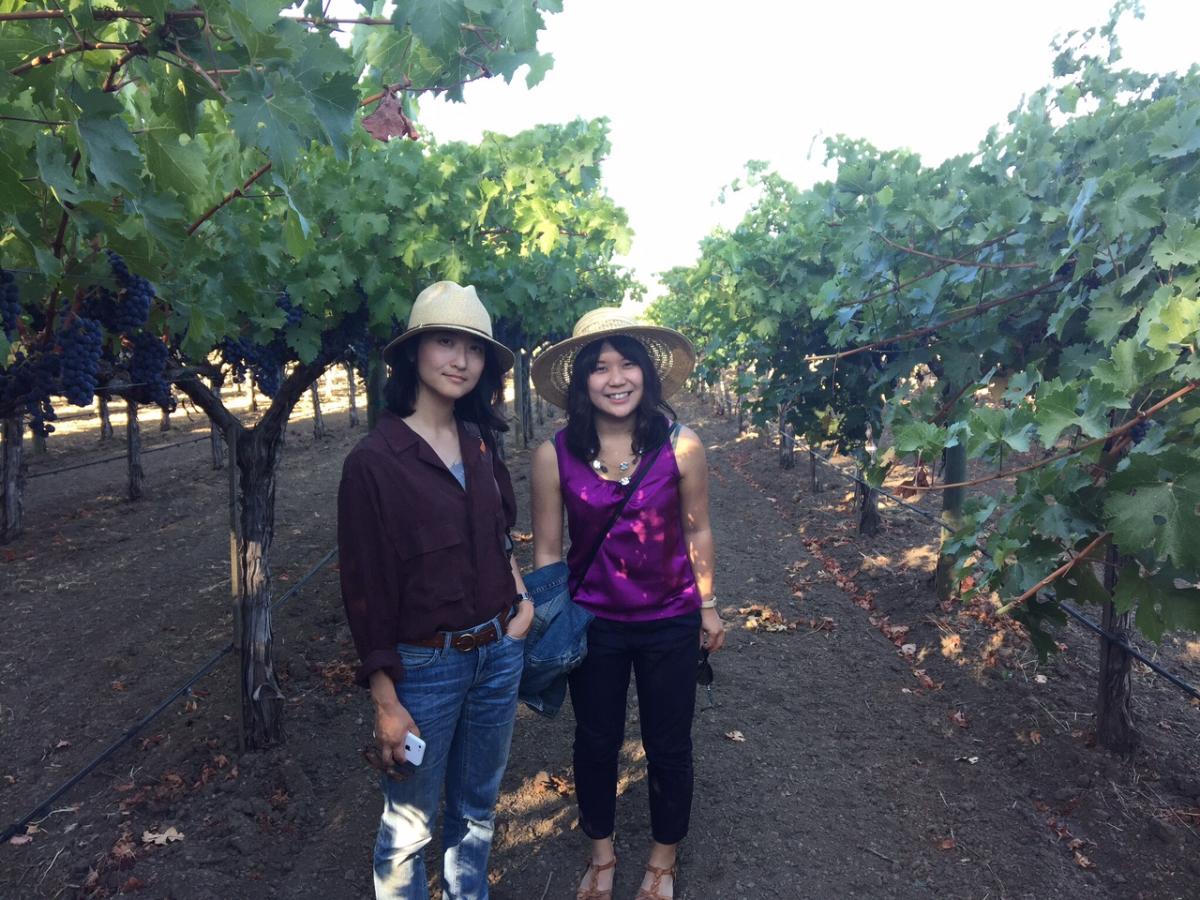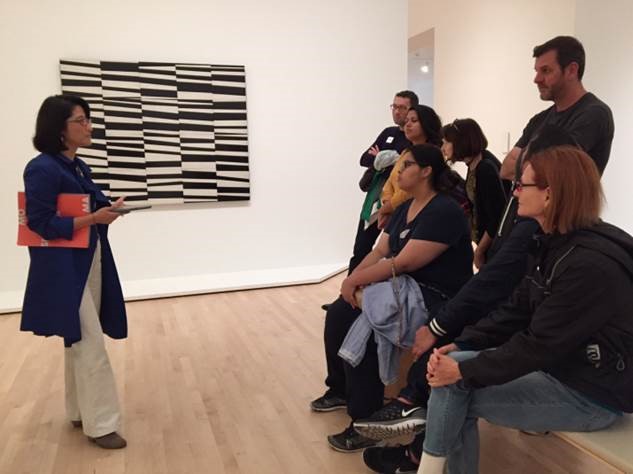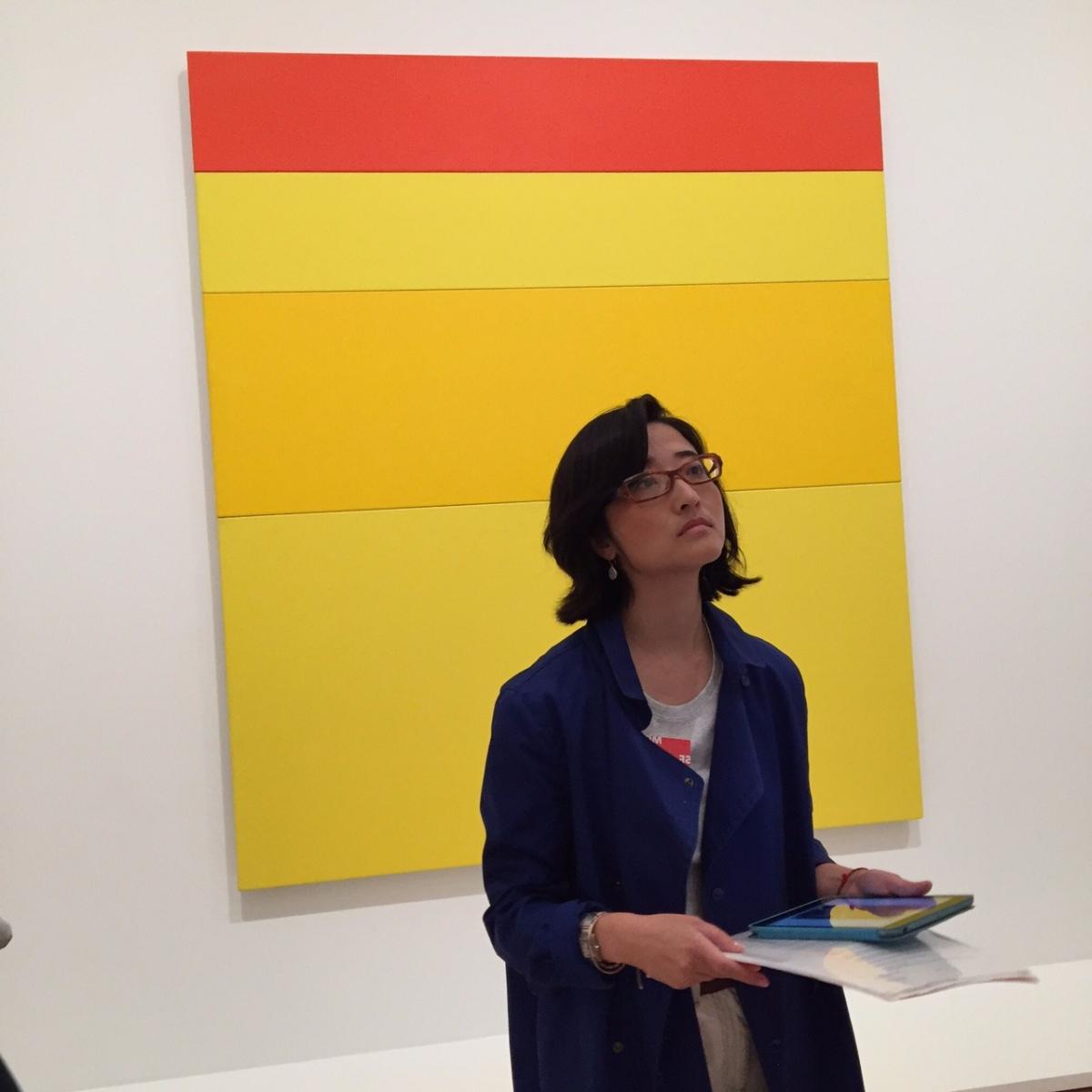From Research To Startup — How This Scientist Uses Technology To Help Farmers
This post was originally published on GMO Answers' Medium page.
This month, GMO Answers wants to give you a glimpse into the daily lives of some of our volunteer experts who provide answers to your questions about GMOs, agriculture and biotechnology. We learned what a day in the life of a farmer and nutritionist is like in the first two installments. So, in our third installment of our “Day in the Life” series, we asked scientist and GMO Answers volunteer expert Xiaohua Yang, Ph.D., what a typical day in her life is like.

1. Tell us about yourself – how did you first become interested in science and biotechnology?
Truth be told, I didn’t plan to become a scientist. However, I did find biology more interesting as compared to other STEM fields. I was also told that biotechnology would dominate the 21st century when I entered college. That might have played a role as well.
Through my studies, it did become rather clear to me that my interest lies at the interface of business and technology. I am glad that I am taking that path now.
2. How has your prior experience in research prepared you for your new role at your startup?
I see many similarities between these two endeavors. Both scientists and entrepreneurs need to work with uncertainties constantly. The training as a scientist really taught me how to deal with hard problems, and embedded me with the conviction that “I can figure this out”.
3. How do you think technology and startups like yours benefit farmers and agriculture around the world?
I am excited that top technologists and investors finally started to look at agriculture as a fertile ground for innovation in the past few years.
Farming is an open system with many moving pieces and involved a lot of guess work traditionally. Now with the ability to collect data at different levels and withdraw insights, farmers can make informed decisions regarding what varieties to plant, when to water and how much fertilizers to apply.
Agriculture is also an industry deeply affected by weather. My co-founders and I started Euddia in 2016 to democratize weather insurance. We believe that weather insurance is an important risk management tool to help the farmers make sound economic decisions and better their living standards. This won’t be possible without the data capacity we have today and the prevalence of mobile technology.

4. How do you spend a typical day?
Let me share with you a good day. I usually get up between 6:00 and 6:30 am and do some yoga or some other full body workout for about 30 mins. Following breakfast (Chinese preferred), I try to do some serious reading about the topics I fancy, such as artificial intelligence or cryptocurrency these days.
Since our startup team is still small, we don’t really have an office. Thus, my time is spent between home, cafes and adjacent campuses. Somehow it feels like an extension of my PhD days. Tasks are of course varied. You will find me writing grant proposals to the National Science Foundation (NSF), interviewing farmers at the farmers market or talking to potential people we want to bring on to the team. On the quieter days, I can do some deep work, such as thinking about the crop models we need to develop for the farmers as a value added service. I will probably go out for a run in my favorite Steven Creeks Trail if time permits after our team meeting at 4 pm.
I still do some work in the evening and am also learning some coding these days. Before bed I rewind with some “less serious” reading. I am a docent at the San Francisco Museum of Modern Art (SFMOMA) and I just started touring an exhibition about Edvard Munch. So, I spend quite a bit of time reading about him these days. Munch is such a well-known yet less understood artist and we have quite a few master pieces exhibiting in the United States for the first time. (So, do plan a visit if you have a chance). Ok, I will stop advertising for SFMOMA now. It is just such an exquisite exhibition.

If I am behaving, I will hit the hay before 11 pm. Some days I end up watching Netflix, which is not so good for my sleep. I sometimes wonder how these streaming services are affecting our national productivity.
5. What’s something you wish everyone knew about your job?
Let me start with a little story. I was at a museum tour in SFMOMA one day. The docent asked the visitors: “what are the words that come to your mind when you think about scientists? “Boring”, the woman standing next to me blurted out. I was floored and almost shouted out, “scientists are the most interesting people I know!” (I am probably biased, of course).
The media traditionally has portrayed scientists as a weird bunch and most scientists couldn’t care-less to be understood either. However, there is value in this understanding of what we do and what kind of people we are. To say the least, it will help to attract kids to study science, not necessarily to become a scientist, but just to better understand the world. We scientists, collectively, need to become better story tellers.

6. What do you hope for the future of science and biotechnology?
We are living in an extraordinary time technology wise and I am very excited to see what we will be capable to do in five or ten years. I also hope science and biotechnology make great advances in addressing some of the global issues concerning human existence, such as access to clean water, basic health care and a balanced diet.



